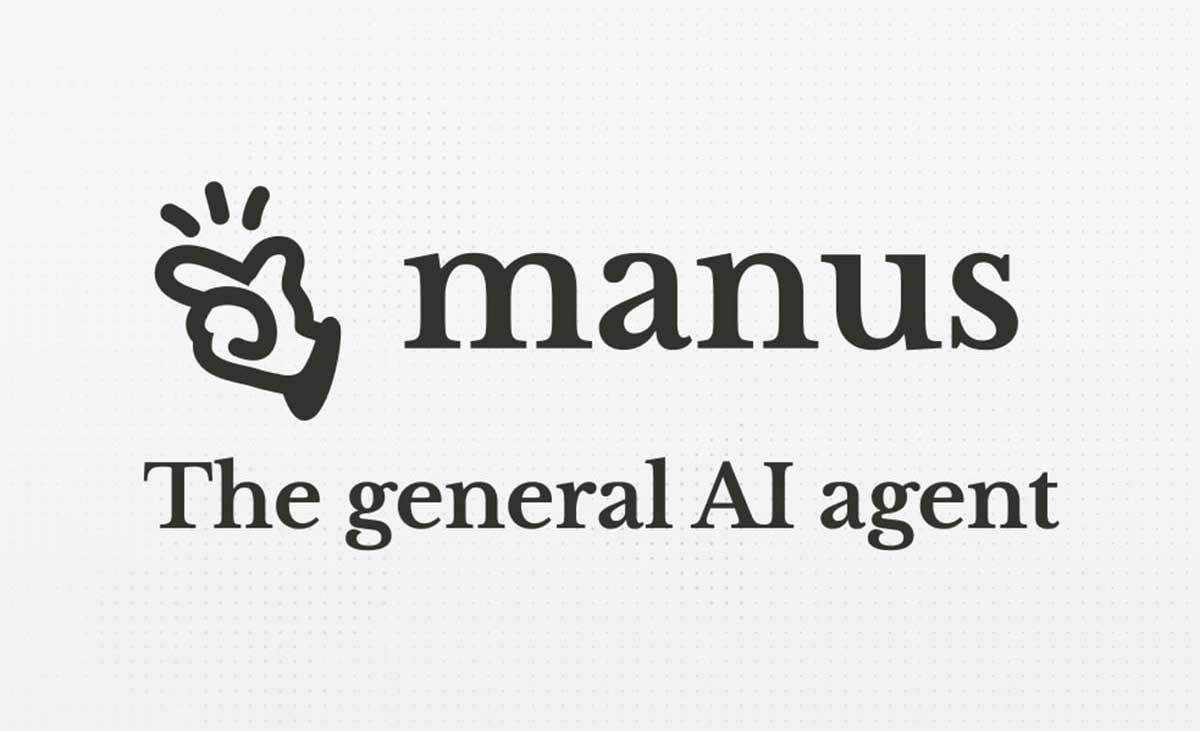Top AI Trends 2025: Generative AI, Edge Computing, Cybersecurity & Social Impact
Artificial intelligence (AI) is no longer a futuristic concept; it’s rapidly transforming our world. In the coming year, we can expect to see several key AI trends emerge and gain significant traction. Here are five of the most impactful:
1. Generative AI Goes Mainstream:
- Beyond Text: While generative AI models like ChatGPT have captivated the world with their text-generating capabilities, the next 12 months will witness an explosion of AI-powered tools that generate images, videos, music, and even 3D models with unprecedented realism and creativity.
- Industry Applications: Expect to see widespread adoption of generative AI across various sectors, including:
- Marketing: Creating personalized marketing campaigns, generating creative content (social media posts, ad copy, etc.), and improving customer engagement.
- Design: Automating design tasks like logo creation, website design, and product prototyping.
- Entertainment: Revolutionizing filmmaking, music production, and gaming with AI-generated characters, storylines, and environments.
- Healthcare: Assisting in drug discovery, personalized medicine, and the development of new medical treatments.
2. AI-Powered Edge Computing:
- Decentralized AI: Edge computing, which processes data closer to the source, is poised to become increasingly important as AI applications become more pervasive.
- Reduced Latency: Edge AI enables faster response times, lower latency, and improved data privacy by processing data locally on devices like smartphones, IoT devices, and autonomous vehicles.
- Increased Accessibility: Edge AI democratizes AI by making it accessible in remote locations with limited connectivity.
3. The Rise of AI-Driven Cybersecurity:
- Proactive Threat Detection: AI algorithms are becoming increasingly sophisticated in detecting and preventing cyberattacks, such as phishing scams, malware infections, and ransomware attacks.
- Real-time Threat Response: AI-powered security systems can analyze threats in real-time, allowing for rapid response and minimizing damage.
- Automated Threat Hunting: AI can automate the process of searching for and identifying threats, freeing up security teams to focus on more strategic tasks.
4. AI for Social Good:
- Addressing Global Challenges: AI is being increasingly used to address pressing global challenges such as climate change, poverty, and disease.
- Disaster Relief: AI can be used to predict and respond to natural disasters, such as earthquakes and floods, by analyzing data from various sources, including satellite imagery and social media.
- Healthcare Access: AI-powered tools are being developed to improve healthcare access and affordability in underserved communities.
5. The Ethical and Societal Implications of AI:
- Bias and Fairness: Ensuring AI systems are free from bias and discrimination is crucial.
- Job Displacement: The rise of AI automation raises concerns about job displacement and the need for workforce retraining.
- AI Governance: Developing ethical guidelines and regulations for the development and deployment of AI is critical to ensure responsible innovation.
Conclusion
The next 12 months promise to be an exciting time for AI, with rapid advancements and transformative applications across various industries. While challenges and ethical considerations remain, the potential benefits of AI are immense, and its impact on our lives will continue to grow exponentially.



